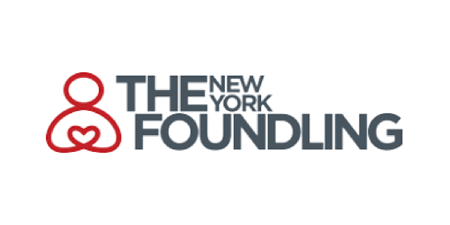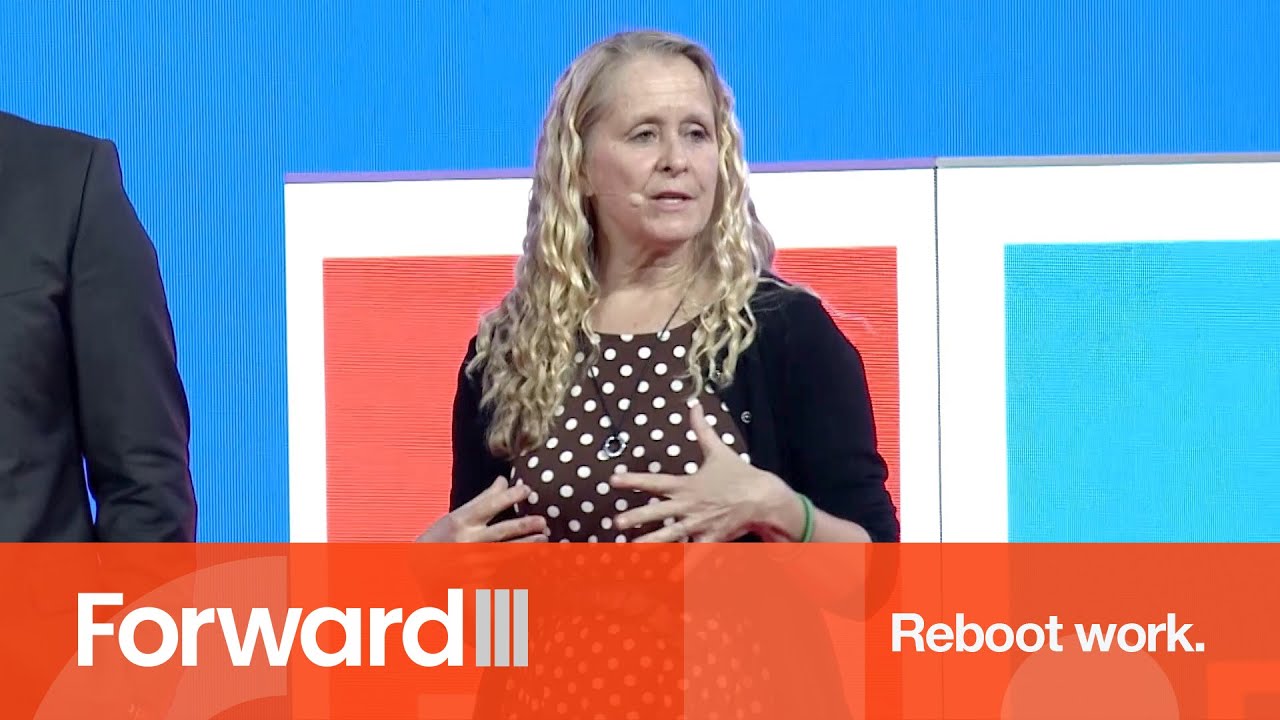
Client:The New York Foundling
Industry:Public Sector
Region:North America
Nonprofit, The New York Foundling, Saves 100,000 hours in Manual Work Annually with UiPath

4hrs
or 16 hours per week — in manual data entry for each staff clinician.
100k hrs
saved annually in total for NY Foundling staff.
<42%
Reduced the previous 42% staff turnover rate through more efficient, RPA-supported workflows.
Client Overview
The New York Foundling is one of the oldest social service organizations in the state
The New York Foundling looked to update its antiquated, paper-based processes with the help of robotic process automation (RPA), supported by UiPath employees donating their own time to the initiative.
As one of the oldest social service organizations in the state, The New York Foundling is no stranger to paper-based, manual processes. As Chief Information Officer, Arik Hill, pointed out, it’s certainly not uncommon to see NY Foundling employees engaged in manual work.
“Agile work is unprecedented in social services,” Hill explained. “{Our clinicians} are carrying around clipboards and paper—stacks of case notes are what we live and breathe every day.”
In addition to these paper-based processes, staff members also had to navigate the use of at least five different systems to catalog and maintain data related to the families the organization serves. This created numerous issues, not the least of which involved time-consuming data entry and high staff turnover rates.

To address these problems and support transformative improvements, the NY Foundling turned to RPA. However, the partnership between the social service organization and UiPath didn’t come together in a traditional way.
UiPath employee’s idea makes RPA possible for the NGO
As opposed to the NY Foundling reaching out to UiPath for its industry-leading software robots, it was a UiPath employee, Shashank Pancharpula, who brought the organization to the attention of the software solution provider. As Hill explained, NY Foundling was the grateful benefactor of UiPath’s charity-focused initiative, the UiPath Bridge program.
As part of the Bridge program’s pilot, Shashank supported the RPA initiative at NY Foundling, donating his own time and experience as a Customer Success Manager alongside innovative UiPath software robots to reduce manual processes and improve efficiency at The Foundling.
“This initiative that started from one of our own employees really made me proud,” noted UiPath Co-Founder and Chief Executive Officer Daniel Dines. “They wanted to donate their own time to help NY Foundling progress faster with the automation plans.”
Pinpointing inefficiencies and decreasing employee turnover
Through the donation of time and support from UiPath Bridge, the NY Foundling team was able to take a close examination of its internal processes to identify work that would be best suited for robotic process automation. The NY Foundling team particularly wanted to pinpoint the workflows that were contributing to the high turnover rates seen with their internal staff.
“We have always believed that everyone deserves a chance at exercising their potential and their possibilities, but we have not always been able to accomplish that because of antiquated systems,” explained Dr. Sylvia Rowlands, NY Foundling Senior Vice President, Evidence-Based Community of Programs. “The child welfare and social service system is still a paper-and-pencil, spreadsheet-driven system. We had clinicians that would turnover regularly.”
In 2017, the organization’s turnover rate reached 40%. This is a difficult challenge, as the team was spending considerable time and resources to educate and train employees, only to have them leave the organization a few months later.
“Within that problem, we identified the need for transformation. We identified a need for a culture change with a bold new vision,” Rowlands said. “And that’s where UiPath joined the Foundling story.”
Agile work is unprecedented in social services,” Hill explained. “{Our clinicians} are carrying around clip boards and paper—stacks of case notes are what we live and breathe every day.
Arik Hill • New York Foundling Chief Information Officer
The NY Foundling team and UiPath embarked on an RPA pilot program. The initiative centered around automating the data entry for one of NY Foundling’s five systems. Previously, employees spent up to four hours per week copying and pasting data between these systems. Hill, Rowlands, and UiPath wanted to find a more efficient and accurate way to approach this transfer of data from one system to another.
The New York Foundling gets back close to 100,000 hours in manual work annually
As a result of introducing software robots to its manual data entry processes, NY Foundling clinicians no longer have to spend hours per week copying and pasting data into the appropriate systems. Instead, UiPath robots handle this activity, enabling clinicians to save four hours per week, or 16 hours per month in manual data entry.
“We asked our clinicians what they’ll do with the extra 16 hours per month they have,” Rowlands said. “Some said they want to participate in committees that they weren’t able to in the past due to their jobs being so busy; others said they want to complete advanced licensing education. But most said they want to be able to spend more time with the families the Foundling works with, especially those that are difficult to engage with or are at an acute point in their treatment.”
Related case studies
Ready for your own case study?
Speak to our team of knowledgeable experts and learn how you can benefit from agentic automation.





